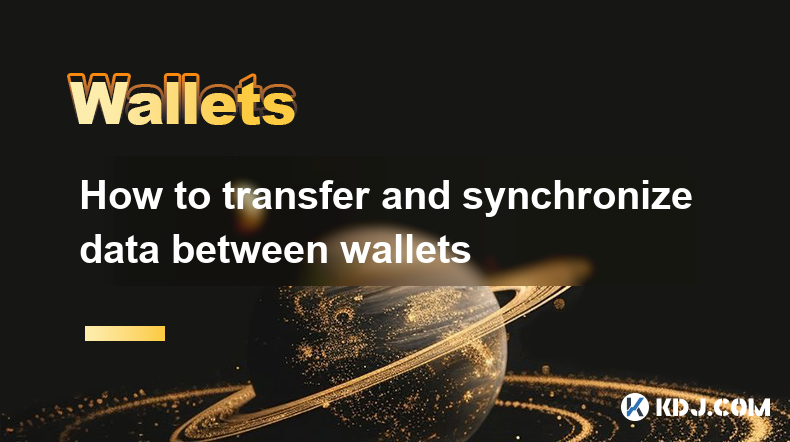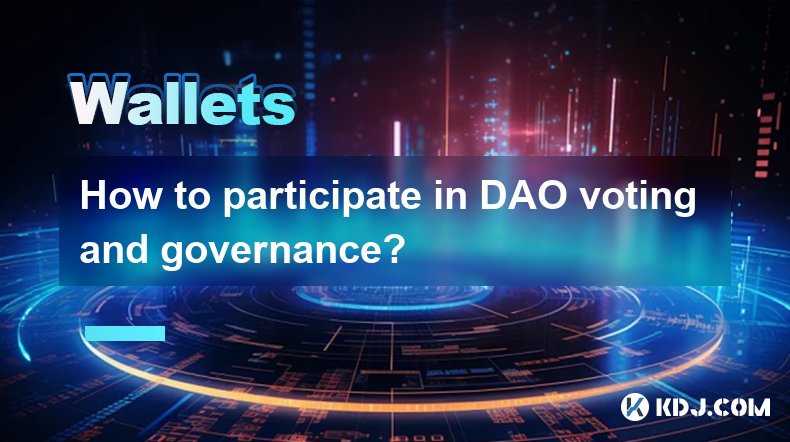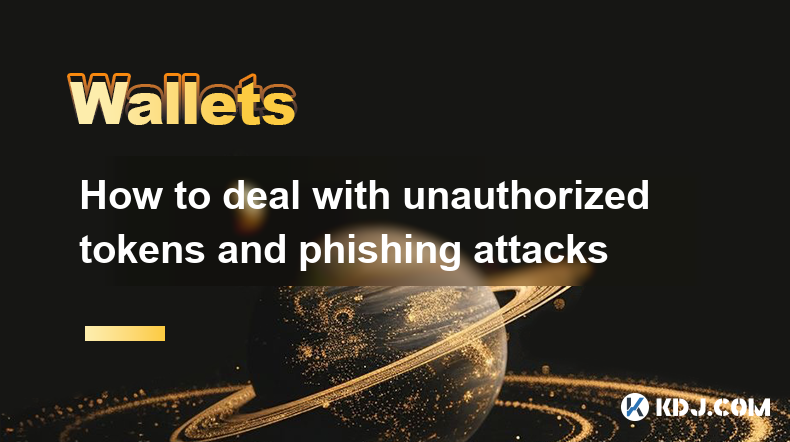-
 Bitcoin
Bitcoin $96,423.2361
-1.98% -
 Ethereum
Ethereum $2,687.4326
-2.59% -
 XRP
XRP $2.5818
-3.06% -
 Tether USDt
Tether USDt $0.9998
-0.03% -
 BNB
BNB $655.8685
0.40% -
 Solana
Solana $171.1929
-2.80% -
 USDC
USDC $1.0000
0.01% -
 Dogecoin
Dogecoin $0.2440
-3.60% -
 Cardano
Cardano $0.7663
-4.19% -
 TRON
TRON $0.2378
-4.96% -
 Chainlink
Chainlink $17.4954
-4.50% -
 Sui
Sui $3.3455
-4.52% -
 Avalanche
Avalanche $24.8717
-1.21% -
 Stellar
Stellar $0.3278
-3.39% -
 Litecoin
Litecoin $129.5275
-3.78% -
 Hedera
Hedera $0.2157
-1.77% -
 Toncoin
Toncoin $3.6223
1.02% -
 UNUS SED LEO
UNUS SED LEO $9.7265
-0.20% -
 Shiba Inu
Shiba Inu $0.0...01523
-2.39% -
 Hyperliquid
Hyperliquid $24.7464
-2.04% -
 Polkadot
Polkadot $5.0989
0.41% -
 MANTRA
MANTRA $7.5112
-1.79% -
 Bitcoin Cash
Bitcoin Cash $317.7396
-2.92% -
 Bitget Token
Bitget Token $5.0163
7.37% -
 Ethena USDe
Ethena USDe $0.9988
-0.09% -
 Dai
Dai $1.0002
0.02% -
 Uniswap
Uniswap $8.7946
-5.33% -
 Monero
Monero $232.2611
-1.64% -
 NEAR Protocol
NEAR Protocol $3.4081
-2.87% -
 Pepe
Pepe $0.0...09228
-5.30%
What is MAST (Merkelized Abstract Syntax Trees)?
Merkelized Abstract Syntax Trees (MAST), a combination of ASTs and Merkle trees, provide tamper-proof data representation, efficient verification, and flexible use in cryptography.
Feb 21, 2025 at 04:18 pm

Key Points:
- Introduction to Merkelized Abstract Syntax Trees (MAST)
- Benefits of Using MAST
- Comparison of MAST and Other Data Structures
- Potential Applications of MAST in Cryptography
- Current State and Future Prospects of MAST Development
- Examples of MAST Implementations
- FAQs on MAST
What is MAST (Merkelized Abstract Syntax Trees)?
Merkelized Abstract Syntax Trees (MAST) is a data structure that combines the principles of Merkle trees and Abstract Syntax Trees (ASTs). An AST is a hierarchical representation of the syntax of code. It can be used to enforce a specific structure on data, making it easier to identify and process specific patterns. However, ASTs are not inherently verifiable, which means that they can be easily tampered with.
MAST addresses this issue by using Merkle trees to provide a mechanism for integrity checking. A Merkle tree is a hierarchical data structure that allows for efficient verification of large amounts of data. By combining ASTs with Merkle trees, the resulting MAST structure is not only able to represent complex data patterns but also provides a way to verify the integrity of that data.
Benefits of Using MAST
- Tamper Proof: The combination of ASTs and Merkle trees makes MAST virtually tamper-proof. Any changes to the underlying data will be immediately detectable, making it impossible to introduce malicious changes without being noticed.
- Efficient Verification: MAST allows for efficient verification of large amounts of data. The Merkle tree structure enables logarithmic-time verification, which significantly reduces the time and computational resources required for data verification.
- Flexible Data Representation: MAST can be used to represent data of various complexities. Its ability to handle hierarchical structures makes it suitable for a wide range of applications, from smart contracts to complex data modeling.
Comparison of MAST and Other Data Structures
- Linked Lists: Unlike linked lists, MAST provides a hierarchical structure that enables more efficient and flexible data representation.
- Hash Tables: While hash tables offer fast key-value retrieval, MAST offers the additional advantage of integrity checking, making it more suitable for applications where data integrity is critical.
- Binary Search Trees: Binary search trees provide efficient search and retrieval operations, but MAST offers the added benefit of tamper-proof data storage.
Potential Applications of MAST in Cryptography
- Smart Contracts: MAST can be used to enforce the rules and conditions of smart contracts, ensuring that they execute as intended.
- Digital Signatures: MAST can be utilized to create secure and verifiable digital signatures that can be used to authenticate the origin and integrity of data.
- Cryptographic Primitives: MAST can serve as a building block for constructing more complex cryptographic primitives, such as zero-knowledge proofs and multi-party computation protocols.
Current State and Future Prospects of MAST Development
MAST is still in its early stages of development, with ongoing research and development efforts focused on improving its performance and functionality. As the field of cryptography evolves, MAST is expected to play an increasingly important role in the development of more secure and efficient cryptographic systems.
Examples of MAST Implementations
- libmasts: A Python library that provides an implementation of MAST.
- cryptomast: A C++ library that focuses on performance-optimized MAST constructions.
- mamba: A Java library that specializes in MAST-based confidential data structures.
FAQs on MAST
- Q: How does MAST handle data updates?
A: MAST employs a technique called "lazy evaluation" to handle data updates efficiently. When an update occurs, only the affected portion of the Merkle tree is recomputed, minimizing the computational overhead. - Q: Is MAST a secure data structure?
A: Yes, MAST is designed to be highly secure. The underlying Merkle tree structure provides strong tamper-proof mechanisms, making it difficult for an attacker to alter the data without being detected. - Q: What are the limitations of MAST?
A: MAST's main limitation is its computational cost, which can be higher than some other data structures for certain operations. However, ongoing research efforts are focused on optimizing MAST's performance.
Disclaimer:info@kdj.com
The information provided is not trading advice. kdj.com does not assume any responsibility for any investments made based on the information provided in this article. Cryptocurrencies are highly volatile and it is highly recommended that you invest with caution after thorough research!
If you believe that the content used on this website infringes your copyright, please contact us immediately (info@kdj.com) and we will delete it promptly.
- Bitcoin, XRP Price Breakout Imminent, As Trading Range Narrows Further
- 2025-02-22 15:00:24
- Bitcoin Long-Term Holders Tighten Grip as Selling Pressure Wanes, Signaling Potential Rebound
- 2025-02-22 15:00:24
- Mike Novogratz Flips on XRP, Acknowledges Power of Community
- 2025-02-22 15:00:24
- Skyren DAO: The World's First Airdrop Collection DAO Redefining Passive Income
- 2025-02-22 15:00:24
- HIVE Digital Technologies Set to Expand Bitcoin Mining Operations in Paraguay, Targeting 400% Growth
- 2025-02-22 14:50:24
- From XRP's Surge to Toncoin's Woes: Why Panshibi (SHIBI) Could Be the 100x Crypto Play
- 2025-02-22 14:50:24
Related knowledge

What are cold storage and hot storage? Which one is safer?
Feb 22,2025 at 03:18pm
Key Points:Cold storage and hot storage are two methods of storing cryptocurrencies.Cold storage involves storing cryptocurrencies offline, while hot storage involves storing them online.Cold storage is generally considered safer than hot storage, as it is not connected to the internet and is therefore less susceptible to hacking.Cold StorageCold storag...

How to synchronize wallets in multiple devices and browsers
Feb 22,2025 at 09:18am
Key Points:Understand the different types of cryptocurrency wallets and their synchronization capabilities.Learn how to synchronize hardware wallets with multiple devices.Discover the steps involved in synchronizing software wallets across platforms.Explore the options for synchronizing mobile wallets on different devices.Gain insight into browser exten...

How to transfer and synchronize data between wallets
Feb 21,2025 at 12:25pm
Key Points:Understanding different wallet types and their capabilitiesIdentifying similarities and differences between walletsExploring options for transferring and synchronizing dataEnsuring data security and integrity during transferAddressing common challenges and troubleshooting tipsHow to Transfer and Synchronize Data Between Cryptocurrency Wallets...

Why do you need to understand Ethereum network congestion and gas fees?
Feb 21,2025 at 04:48am
Key PointsUnderstanding Ethereum Network Congestion and Gas FeesGas Fees ExplainedFactors Affecting Network CongestionStrategies for Minimizing Gas FeesImpact of Ethereum UpgradesUnderstanding Ethereum Network Congestion and Gas FeesThe Ethereum network is a decentralized platform that hosts a vast ecosystem of decentralized applications (dApps), non-fu...

How to participate in DAO voting and governance?
Feb 21,2025 at 03:42pm
Key Points:Overview of DAO Voting and GovernanceUnderstanding DAO Structures and MembershipRole of DAO Tokens and Voting RightsParticipating in Voting and Proposal SubmissionLeveraging Governance Tools and PlatformsImpact of Voting Participation on DAO OutcomesBest Practices for Effective DAO GovernanceHow to Participate in DAO Voting and Governance1. U...

How to deal with unauthorized tokens and phishing attacks
Feb 21,2025 at 05:25am
Dealing with Unauthorized Tokens and Phishing Attacks in the Cryptocurrency CircleThe cryptocurrency market is rife with potential dangers, including unauthorized tokens and phishing attacks. To protect yourself from these threats, it's crucial to take proactive measures and be vigilant in your online activities.Key Points:Unauthorized Tokens: Tokens cr...

What are cold storage and hot storage? Which one is safer?
Feb 22,2025 at 03:18pm
Key Points:Cold storage and hot storage are two methods of storing cryptocurrencies.Cold storage involves storing cryptocurrencies offline, while hot storage involves storing them online.Cold storage is generally considered safer than hot storage, as it is not connected to the internet and is therefore less susceptible to hacking.Cold StorageCold storag...

How to synchronize wallets in multiple devices and browsers
Feb 22,2025 at 09:18am
Key Points:Understand the different types of cryptocurrency wallets and their synchronization capabilities.Learn how to synchronize hardware wallets with multiple devices.Discover the steps involved in synchronizing software wallets across platforms.Explore the options for synchronizing mobile wallets on different devices.Gain insight into browser exten...

How to transfer and synchronize data between wallets
Feb 21,2025 at 12:25pm
Key Points:Understanding different wallet types and their capabilitiesIdentifying similarities and differences between walletsExploring options for transferring and synchronizing dataEnsuring data security and integrity during transferAddressing common challenges and troubleshooting tipsHow to Transfer and Synchronize Data Between Cryptocurrency Wallets...

Why do you need to understand Ethereum network congestion and gas fees?
Feb 21,2025 at 04:48am
Key PointsUnderstanding Ethereum Network Congestion and Gas FeesGas Fees ExplainedFactors Affecting Network CongestionStrategies for Minimizing Gas FeesImpact of Ethereum UpgradesUnderstanding Ethereum Network Congestion and Gas FeesThe Ethereum network is a decentralized platform that hosts a vast ecosystem of decentralized applications (dApps), non-fu...

How to participate in DAO voting and governance?
Feb 21,2025 at 03:42pm
Key Points:Overview of DAO Voting and GovernanceUnderstanding DAO Structures and MembershipRole of DAO Tokens and Voting RightsParticipating in Voting and Proposal SubmissionLeveraging Governance Tools and PlatformsImpact of Voting Participation on DAO OutcomesBest Practices for Effective DAO GovernanceHow to Participate in DAO Voting and Governance1. U...

How to deal with unauthorized tokens and phishing attacks
Feb 21,2025 at 05:25am
Dealing with Unauthorized Tokens and Phishing Attacks in the Cryptocurrency CircleThe cryptocurrency market is rife with potential dangers, including unauthorized tokens and phishing attacks. To protect yourself from these threats, it's crucial to take proactive measures and be vigilant in your online activities.Key Points:Unauthorized Tokens: Tokens cr...
See all articles














![BONK The Meme Coin MORE THAN ORDINARY [DOG] on Solana BONK The Meme Coin MORE THAN ORDINARY [DOG] on Solana](/uploads/2025/02/22/cryptocurrencies-news/videos/bonk-meme-coin-ordinary-dog-solana/image-1.jpg)


































































